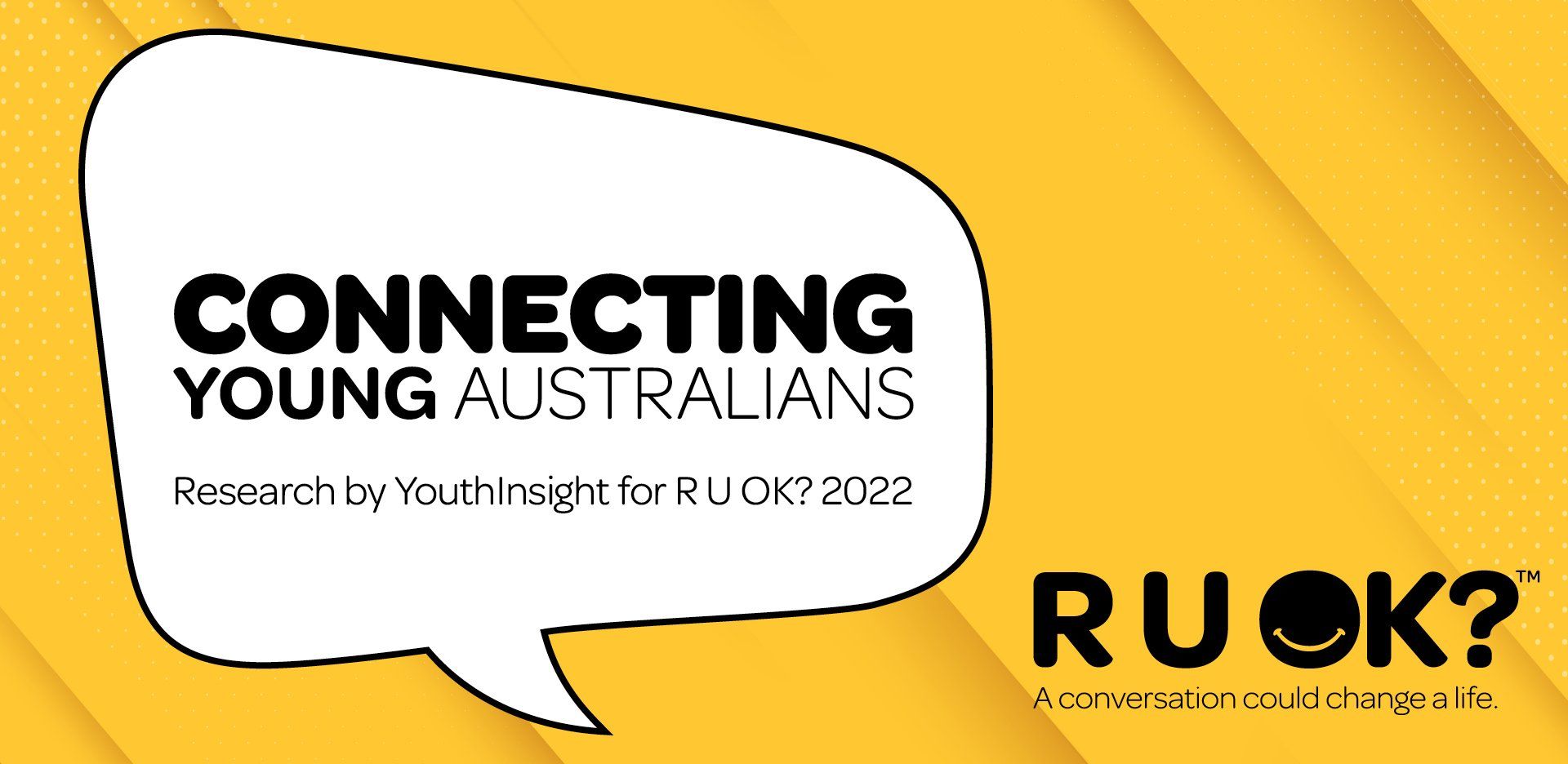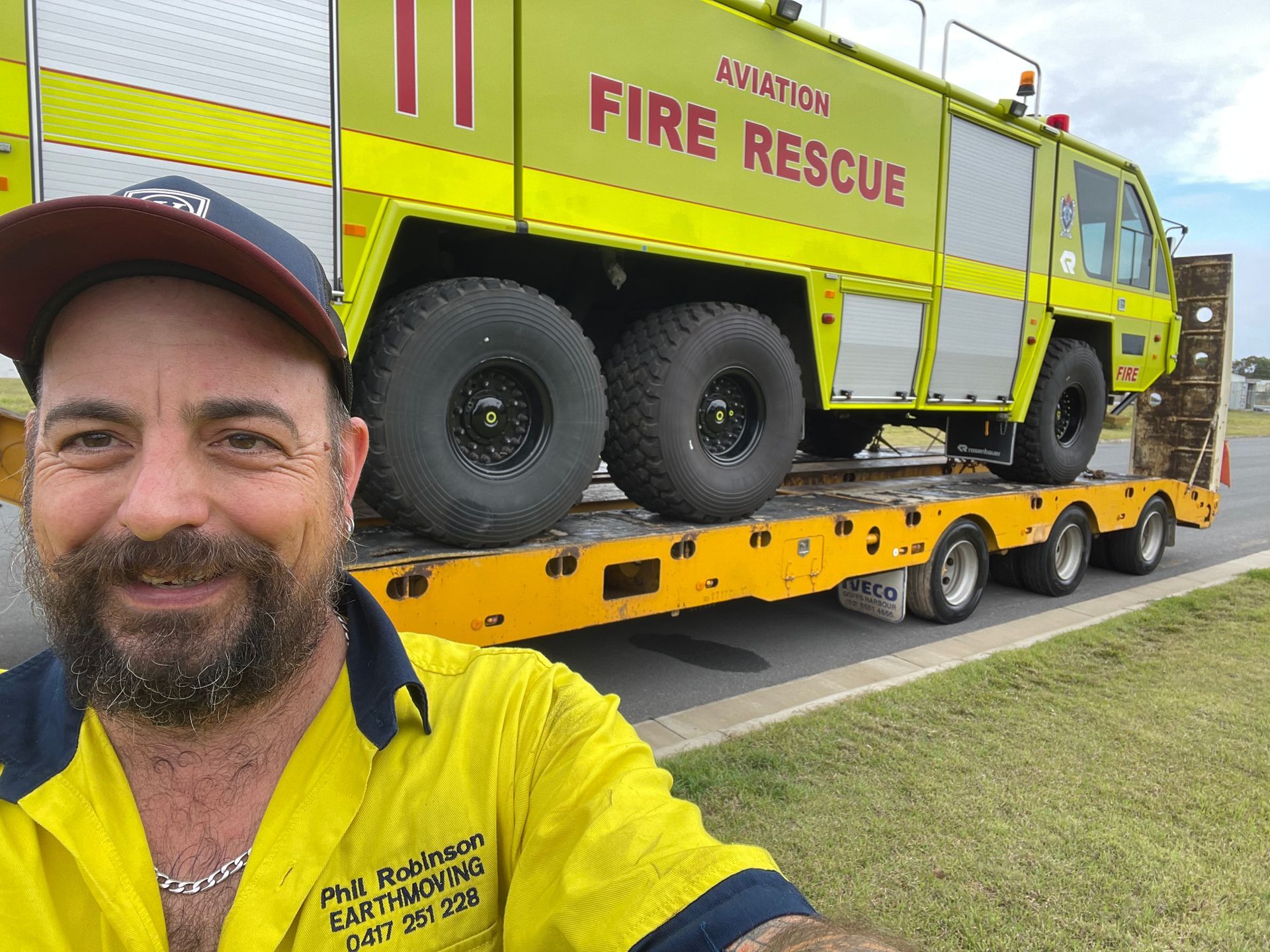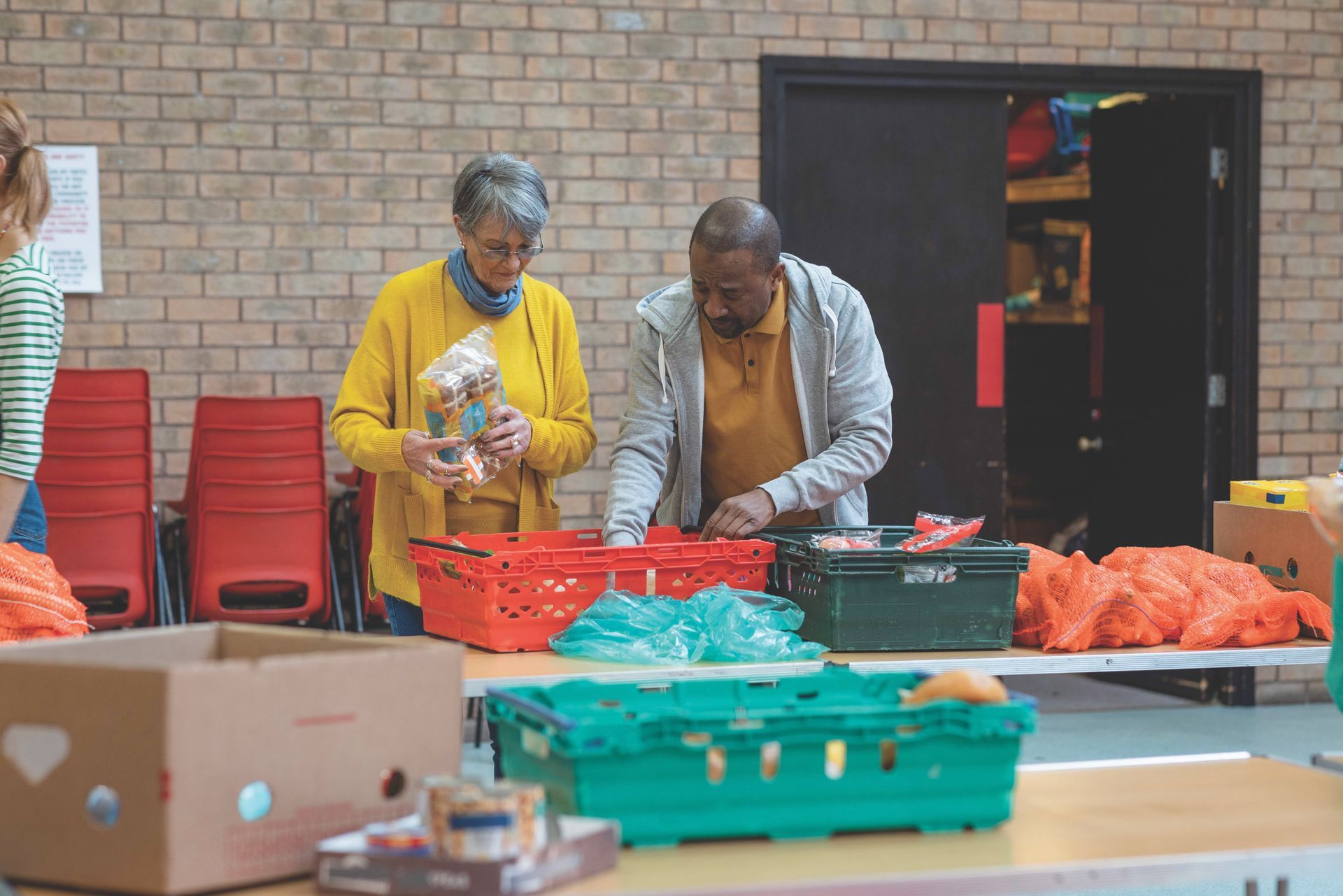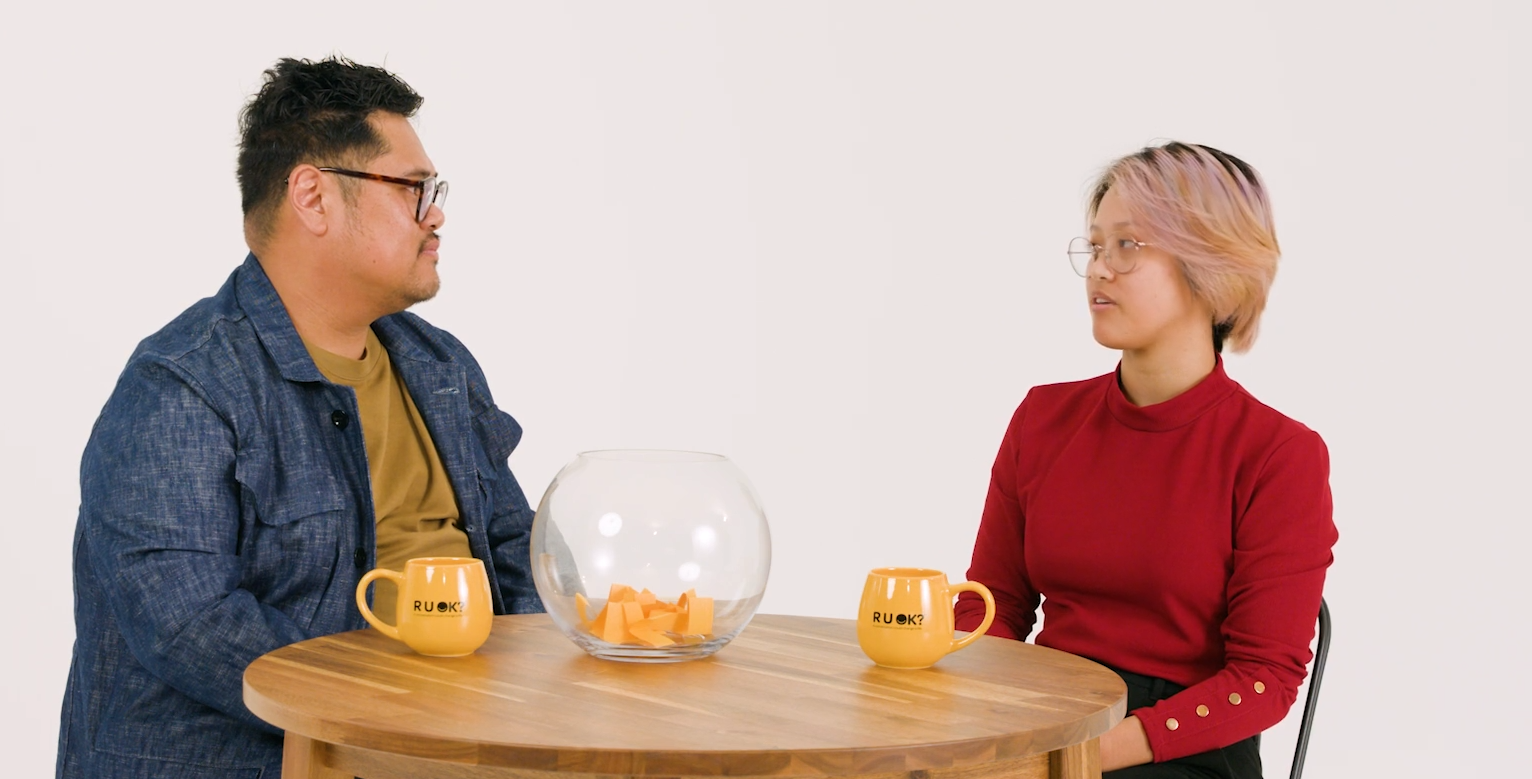New research highlights importance of young people connecting and supporting each other
Research commissioned by R U OK? has highlighted the importance of equipping young people with the skills and confidence to support each other through tough times.
The Connecting Young Australians research by YouthInsight found that seven in ten Australians aged 12-25 do not ask for help when they are experiencing a difficult time, but a corresponding 70% are willing to engage in meaningful conversations with a close friend and prefer to have these conversations in person.
The research also found that only two in five young Australians said they would discuss mental health concerns with family members (42%) or in a group setting with friends (42%).
R U OK? will use this research to inform the development of specific, relevant resources to empower young Australians with the skills and confidence to support their friends through life’s ups and downs.
“The research released today shows that the young people in our world won’t always tell us they need support, so it’s up to us to make asking how they’re really going and knowing how to support them an everyday part of our relationships,” said Katherine Newton, R U OK? CEO.
Click here to access the 'Connecting Young Australians' report.
“We want to ensure young Australians feel confident to have a meaningful conversation and help their friends better navigate life’s ups and downs. This research, along with the expertise of advocates, researchers, and valuable guidance from the voices of lived experience will shape the development of R U OK? resources for young Australians.”
R U OK? Community Ambassador Caitlyn Hincks, 25, who experienced body dysmorphia, anxiety, depression, and suicidal ideation during her teenage years, says she didn’t seek help until a concerned friend reached out to her.
“The research released today by R U OK? resonates with me so much and it shows we’re not alone in how we’re feeling,” said Ms Hincks.
“I struggled to reach out and ask for help because I worried about what others would think about me. I am so grateful my close friend and my partner noticed I wasn’t OK and felt they could have that conversation with me."
"I am passionate about helping other young people to be able to have this conversation if they spot the signs their own friends might be struggling," said Ms Hincks. "It might seem scary, but we’ve all got what it takes to change, or even save the lives of our friends.”
The development of the R U OK? campaign for young Australians is being funded by R U OK? Conversation Partner, ING.
If you or someone you know is doing it tough, Lifeline is available 24/7 on 13 11 14 and you can find other services and supports here.
Sign up to our newsletter for conversations tips, news and insights from our staff, experts and supporters.
Nature's Symphony
R U OK? is an Australian suicide prevention charity and registered public health promotion that encourages people to stay connected and have conversations that can help others through difficult times.
R U OK? acknowledges Aboriginal and/or Torres Strait Islander peoples and communities as the traditional custodians of the land on which we live and work and pay our respects to elders past, present and emerging. We are an inclusive organisation and respect people of all backgrounds, genders, sexualities, cultures, bodies and abilities.
Nature's Symphony
R U OK? is an Australian suicide prevention charity and registered public health promotion that encourages people to stay connected and have conversations that can help others through difficult times.
R U OK? acknowledges Aboriginal and/or Torres Strait Islander peoples and communities as the traditional custodians of the land on which we live and work and pay our respects to elders past, present and emerging. We are an inclusive organisation and respect people of all backgrounds, genders, sexualities, cultures, bodies and abilities.
Nature's Symphony
R U OK? is an Australian suicide prevention charity and registered public health promotion that encourages people to stay connected and have conversations that can help others through difficult times.
R U OK? acknowledges Aboriginal and/or Torres Strait Islander peoples and communities as the traditional custodians of the land on which we live and work and pay our respects to elders past, present and emerging. We are an inclusive organisation and respect people of all backgrounds, genders, sexualities, cultures, bodies and abilities.






















